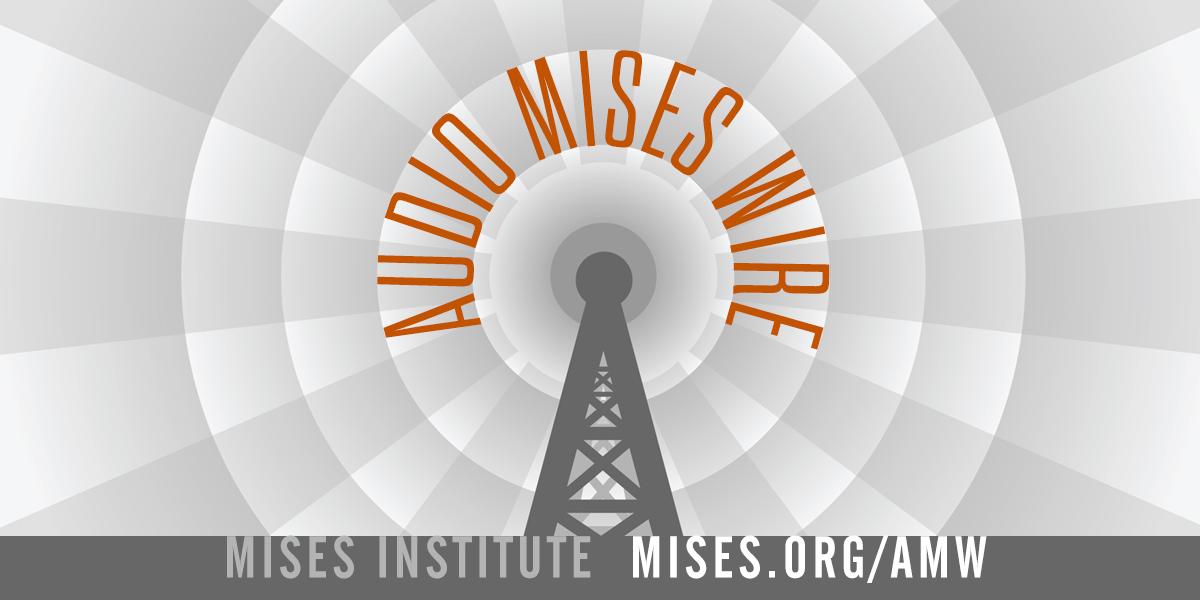Public Opinion’s Limitations and the Resultant Democratic Deficiencies
The concept of public opinion plays a crucial role in democratic theory, often idealized as the collective wisdom guiding government actions. However, a closer examination reveals inherent limitations in both the formation and expression of public opinion, leading to significant challenges for the effective functioning of democratic systems. These limitations stem from several factors, including the complexity of modern issues, the susceptibility of individuals to manipulation, and systemic inequalities in access to information and political participation. Consequently, relying solely on public opinion as the arbiter of policy decisions can lead to suboptimal outcomes and even undermine the very principles democracy seeks to uphold. Understanding these limitations is crucial for developing more robust and resilient democratic institutions.
One fundamental limitation of public opinion lies in the inherent complexity of the issues facing modern societies. Globalization, technological advancements, and intricate economic systems create policy challenges that require specialized knowledge and analysis far exceeding the average citizen’s grasp. While individuals may hold opinions on these complex matters, those opinions are often based on simplified narratives, incomplete information, or emotional responses rather than a thorough understanding of the underlying issues. This knowledge gap makes the public susceptible to manipulation by political actors, interest groups, and media outlets who can frame issues selectively and exploit existing biases. Consequently, public opinion can be swayed towards positions that serve narrow interests rather than the broader public good, hindering effective policymaking and potentially leading to unintended negative consequences.
Furthermore, the formation of public opinion is often influenced by cognitive biases and heuristics, which are mental shortcuts that simplify decision-making but can also lead to systematic errors in judgment. Confirmation bias, for example, leads individuals to favor information that confirms their pre-existing beliefs while discounting contradictory evidence. Availability bias causes people to overestimate the likelihood of events that are easily recalled, often due to their vividness or recent occurrence in the media. These biases can be exploited by political actors who frame issues in ways that resonate with these cognitive shortcuts, leading to distorted perceptions of reality and hindering rational deliberation. The echo chambers created by social media algorithms exacerbate this problem by reinforcing pre-existing beliefs and limiting exposure to diverse perspectives.
Beyond cognitive limitations, systemic inequalities in access to information and political participation further constrain the effectiveness of public opinion as a guide for democratic decision-making. Socioeconomic disparities, racial and ethnic discrimination, and geographic location can all create barriers to accessing quality information, participating in public discourse, and engaging with political processes. Marginalized groups are often underrepresented in public opinion polls and surveys, leading to a skewed representation of the public’s preferences. Even when their voices are heard, they may be discounted or dismissed by those in power. This unequal access to political participation undermines the principle of equal representation, a cornerstone of democratic theory, and limits the potential of public opinion to reflect the diverse needs and interests of all citizens.
The limitations of public opinion also pose significant challenges for representative democracy. Elected officials often face conflicting pressures between responding to the demands of public opinion and making decisions based on expert advice or long-term considerations. The constant pressure to cater to popular sentiment can lead to short-sighted policies that prioritize immediate gratification over long-term sustainability. Furthermore, the influence of powerful interest groups and wealthy donors can distort the political process, leading to policies that benefit a select few at the expense of the majority. In such cases, public opinion can become a tool for manipulation rather than a genuine reflection of the public’s will. Navigating these complex dynamics requires strong democratic institutions, independent media, and a well-informed citizenry capable of critical thinking and engagement in public discourse.
Addressing the limitations of public opinion requires a multi-faceted approach that strengthens democratic institutions and promotes informed citizenship. Improving civic education is crucial for equipping individuals with the critical thinking skills necessary to evaluate information, identify biases, and engage in reasoned deliberation. Promoting media literacy can help citizens navigate the complex media landscape, differentiate between credible and unreliable sources, and resist manipulation. Furthermore, fostering a culture of open dialogue and debate is essential for bridging divides and promoting understanding across different perspectives. Strengthening democratic institutions, including electoral systems, campaign finance regulations, and mechanisms for citizen participation, can ensure that political processes are more responsive to the genuine needs and interests of all citizens, not just the powerful and well-connected. Ultimately, recognizing the inherent limitations of public opinion is not a rejection of democracy but rather a crucial step towards building more robust and effective democratic systems.
Share this content:












Post Comment